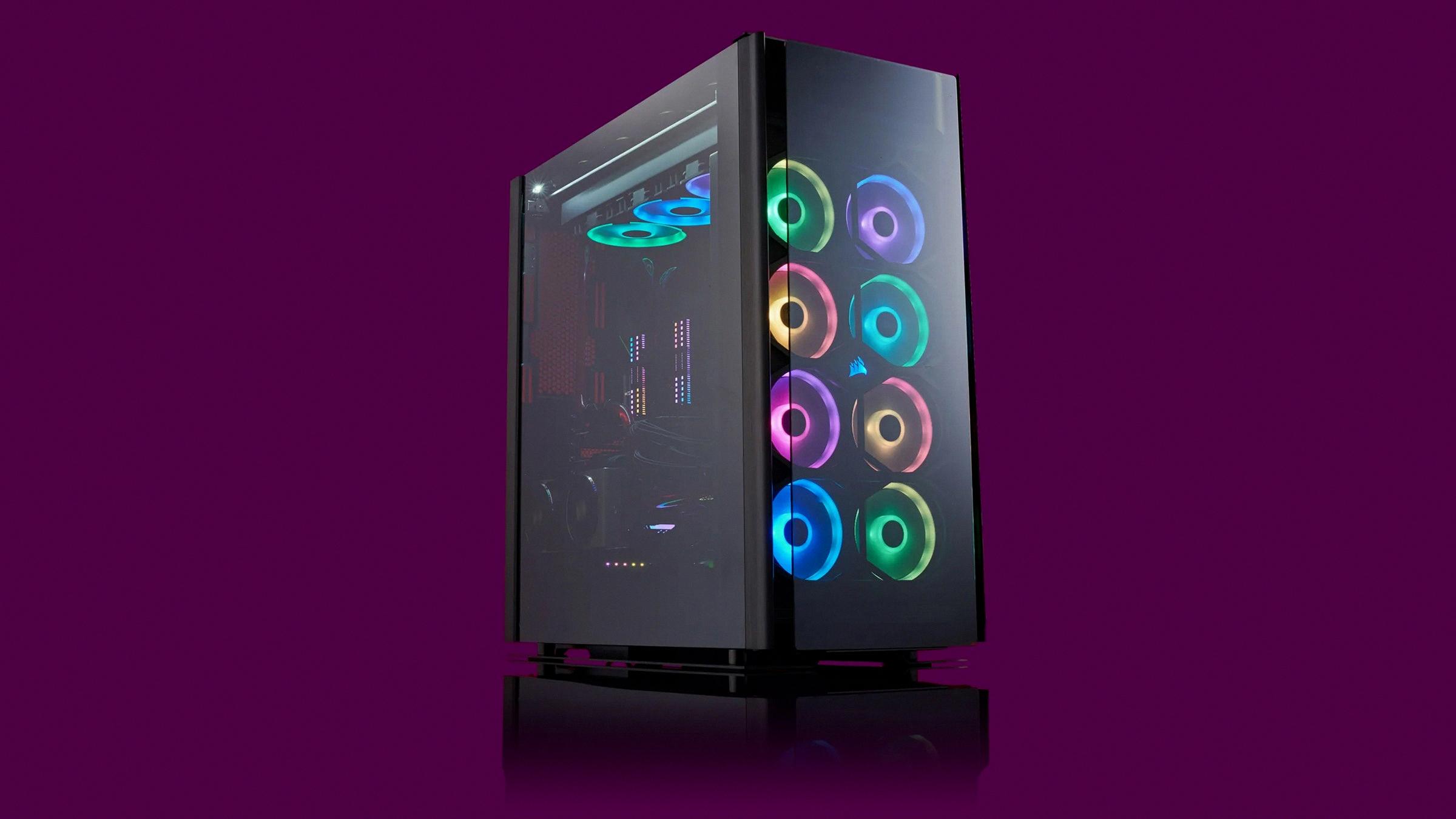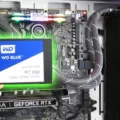Building your own PC can be a daunting task, but with a little bit of knowledge and patience, it can be a rewarding experience. But how long does it take to build a PC, and what are the steps involved?
Firstly, it’s important to understand the components that make up a PC. At its core, a PC consists of a motherboard, CPU, RAM, storage, power supply, and a case. Depending on the desired use of the PC, additional components such as a graphics card or sound card may be required.
The first step in building a PC is to choose the right components. This involves researching and understanding the compatibility between components and ensuring that they fit within your budget. Once the components have been chosen, it’s time to start building.
The first component to be installed is usually the CPU. This involves carefully placing the CPU into the designated slot on the motherboard and securing it in place. Next, the RAM is installed into the appropriate slots on the motherboard.
After the CPU and RAM have been installed, it’s time to install the storage devices, such as an SSD or HDD. This involves connecting the storage device to the motherboard and power supply.
The power supply is then installed into the case, along with the motherboard and other components. The case should have enough space to accommodate all the components and provide adequate ventilation.
The final step is to connect all the cables and power connectors to the appropriate components. Once everything is connected, it’s time to power on the PC and install the operating system and drivers.
So how long does it take to build a PC? The answer depends on the individual’s experience and the complexity of the build. For a beginner, it could take anywhere from 2-4 hours to complete a basic build. For a more advanced build, such as a gaming PC with advanced components, it could take upwards of 4 hours.
Building a PC can be a rewarding experience, but it requires patience and attention to detail. With the right components and knowledge, anyone can build their own PC in a matter of hours.
Is Building a PC Difficult?
Building a PC is not necessarily a difficult task. While it may seem intimidating to those who are not familiar with the process, it is generally quite logical and straightforward. The key to successfully building a PC is to have a basic understanding of the components that are needed and how they fit together.
There are many online resources available that can guide beginners through the process of building a PC. These resources often provide step-by-step instructions and helpful tips for each stage of the build. Additionally, there are many pre-built PC kits available that can simplify the process even further.
While accidents can happen during the build process, the risk of injury or damage to components is generally low. As long as the builder takes proper precautions and follows the instructions carefully, the chances of encountering any major issues are minimal.
While building a PC may seem daunting at first, it is not necessarily a difficult task. With the right knowledge and resources, anyone can successfully build a PC.

How Long Should I Wait Before Building a PC?
If you’re looking to build a high-end PC, it’s usually best to wait at least six months to a year before starting your build. This is because the technology in the computer industry advances rapidly, and waiting a little bit can allow for new and improved components to be released.
However, if you need a new PC right away, you can still benefit from the current technology available. Compared to desktops from just a few years ago, today’s PCs offer significantly improved performance.
Ultimately, the decision on when to build a PC depends on your personal needs and situation. If you can wait, you’ll have access to more options and potentially better performance. But if you need a new PC now, you can still find a great machine that will meet your needs.
The Fastest Time to Build a PC
According to recent news, the fastest time to build a PC was achieved by journalist Stephen Fung at the Build Your Own PC Race for a Charity event in Las Vegas. Fung managed to put together a fully functional PC in just over four minutes, setting a new record for the annual competition. It is worth noting that Fung’s achievement was the result of his skill and expertise in assembling computers, as well as the use of efficient techniques and tools.
Assembling a Gaming PC: How Long Does It Take?
Assembling a gaming PC can be a time-consuming process that requires careful attention to detail. The exact time it takes to assemble a gaming PC will depend on a number of factors, including the complexity of the build and the experience level of the person doing the assembly.
In general, a basic gaming PC can take around 1-2 hours to assemble, while a more complex build with advanced equipment and custom modifications can take anywhere from 2-4 hours or more.
It’s important to note that building a gaming PC requires patience, attention to detail, and a thorough understanding of the hardware and equipment being used. Rushing the process can lead to mistakes or damage to components, so it’s important to take the time needed to ensure everything is assembled correctly.
To help streamline the process, it can be helpful to use online tutorials or guides, as well as to have all the necessary tools and equipment on hand. Overall, assembling a gaming PC is a task that requires careful planning and attention to detail, but the end result can be a powerful and personalized gaming setup that provides hours of entertainment and enjoyment.
Conclusion
Building a PC may seem like a daunting task, but it is not as difficult as it may appear. With a bit of research and knowledge about the hardware and equipment, anyone can build their own PC. While it may take some time and care, the benefits of building a custom PC are numerous, including better performance, customization, and cost savings. Additionally, as technology continues to advance, the options for high-end equipment will only continue to expand, making it an exciting time for PC-building enthusiasts. So, whether you are a casual user or a hardcore gamer, building your own PC is definitely worth considering.








